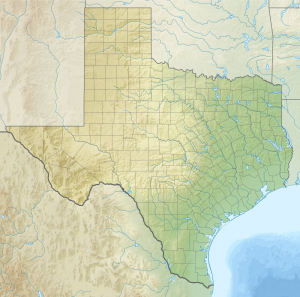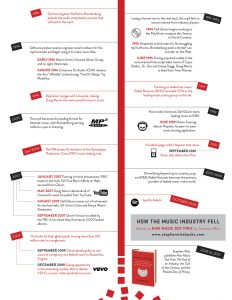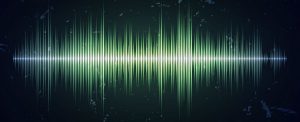The lecture on technology and citizenship and the argument between Jefferson and Hamilton was honestly my favorite lecture thus far in the semester. I found it interesting to learn the reasons that Jefferson and Hamilton hate each other, I had no idea that it was due to the different view between wanting a “diverse industrial nation” and an “agricultural nation.” Personally, I don’t know which view I agree with more. I agree with Jefferson on the importance of land maintenance in terms of farming but at the same time I agree with Hamilton on the importance of becoming an industrialized nation. I never paid much attention to how the further west, especially the mid-west how square the states are. I just figured it was because the states were boring and didn’t have much interesting geography too them. The thing that I found the most interesting in lecture was when we started talking about segmentation solutions. We looked up my zip code in class and I did not agree with it at all initially. After class, I pulled it back up again and like you said in class if this doesn’t describe yourself and your family it probably describes someone. That in fact it does, it described a good majority of the people I went to high school with. One last closing note, I think that it is sad that everything has gone to a mass marker/ corporation feel in every store. In terms of grocery stores, you walk in and they all look the same in regards to what is stocked on the shelves.
Sarah White 



